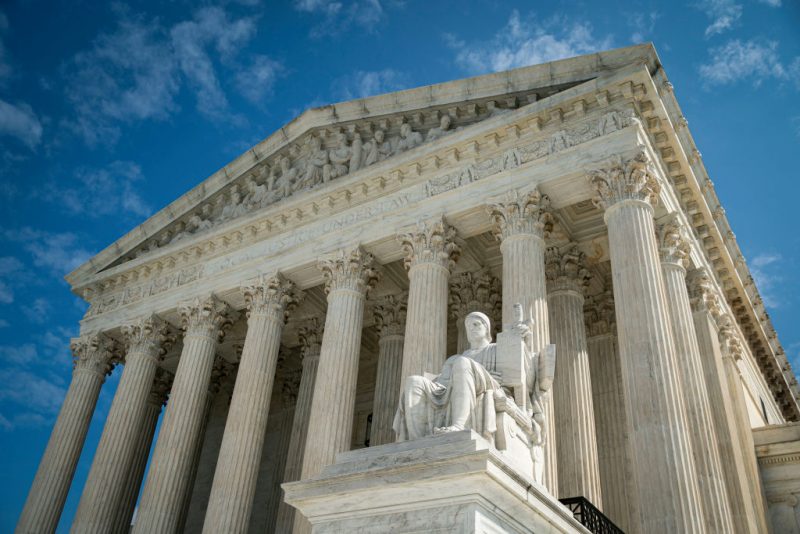

OAN Staff Abril Elfi
12:35 PM – Monday, December 9, 2024
The U.S. Supreme Court (SCOTUS) has declined to take up a challenge to Hawaii’s handgun license law, which makes it a crime to carry handguns or ammunition in public without a license.
Advertisement
On Monday, three of the court’s Republican judges said in written statements that the current state of the case did not warrant the Supreme Court’s intervention, despite claims regarding how Hawaii’s top court was allegedly “not properly reading the Second Amendment.”
Justice Clarence Thomas, who was joined by Justice Samuel Alito, acknowledged the “obvious unconstitutionality” of Hawaii’s laws, but stated that “correction of the Hawaii Supreme Court’s error must await another day.”
Justice Neil Gorsuch also wrote that the decision “raises serious questions.”
Christopher Wilson filed an appeal with the Supreme Court after being arrested in December 2017 for allegedly trespassing on private property with a pistol and 10 rounds in his front waistband. The firearm was unregistered, and Wilson had not applied for a carry permit.
Monday’s order upholds a ruling from Hawaii’s highest court rejecting Wilson’s claims that some of his charges violated his constitutional right to bear arms, allowing the case to proceed to trial.
The three conservative justices noted that Wilson could file a new round of appeals following the trial.
“The Hawaii Supreme Court issued its ruling in the course of an interlocutory appeal. And often courts revisit and supplement interlocutory rulings later in the course of proceedings,” Gorsuch wrote. “Perhaps the Hawaii Supreme Court will take advantage of that opportunity in this case. If not, Mr. Wilson remains free to seek this Court’s review after final judgment.”
The decision rebuked the Supreme Court’s recent expansion of gun rights, saying it “unravels durable law.”
“The Supreme Court makes state and federal courts use a fuzzy ‘history and traditions’ test to evaluate laws designed to promote public safety. It scraps the traditional techniques used by federal and state courts to review laws passed by the People to protect people,” the Hawaii court’s opinion read.
“And by turning the test into history and nothing else, it dismantles workable methods to interpret firearms laws,” it continued. “All to advance a chosen interpretive modality.”
The court argued that Hawaii’s “place to keep” offenses, which make it a felony to possess a handgun or ammunition outside one’s home or business without a license, complied with both the Second Amendment and the state Constitution.
“States are not free to set up a licensing scheme violative of the Second Amendment and then prosecute people engaged in constitutionally protected conduct for not complying with the scheme,” Wilson’s public defender wrote in his Supreme Court petition.
The Supreme Court declining to hear the appeal, enables Wilson to proceed to trial.
Stay informed! Receive breaking news blasts directly to your inbox for free. Subscribe here. https://www.oann.com/alerts
Advertisements below

